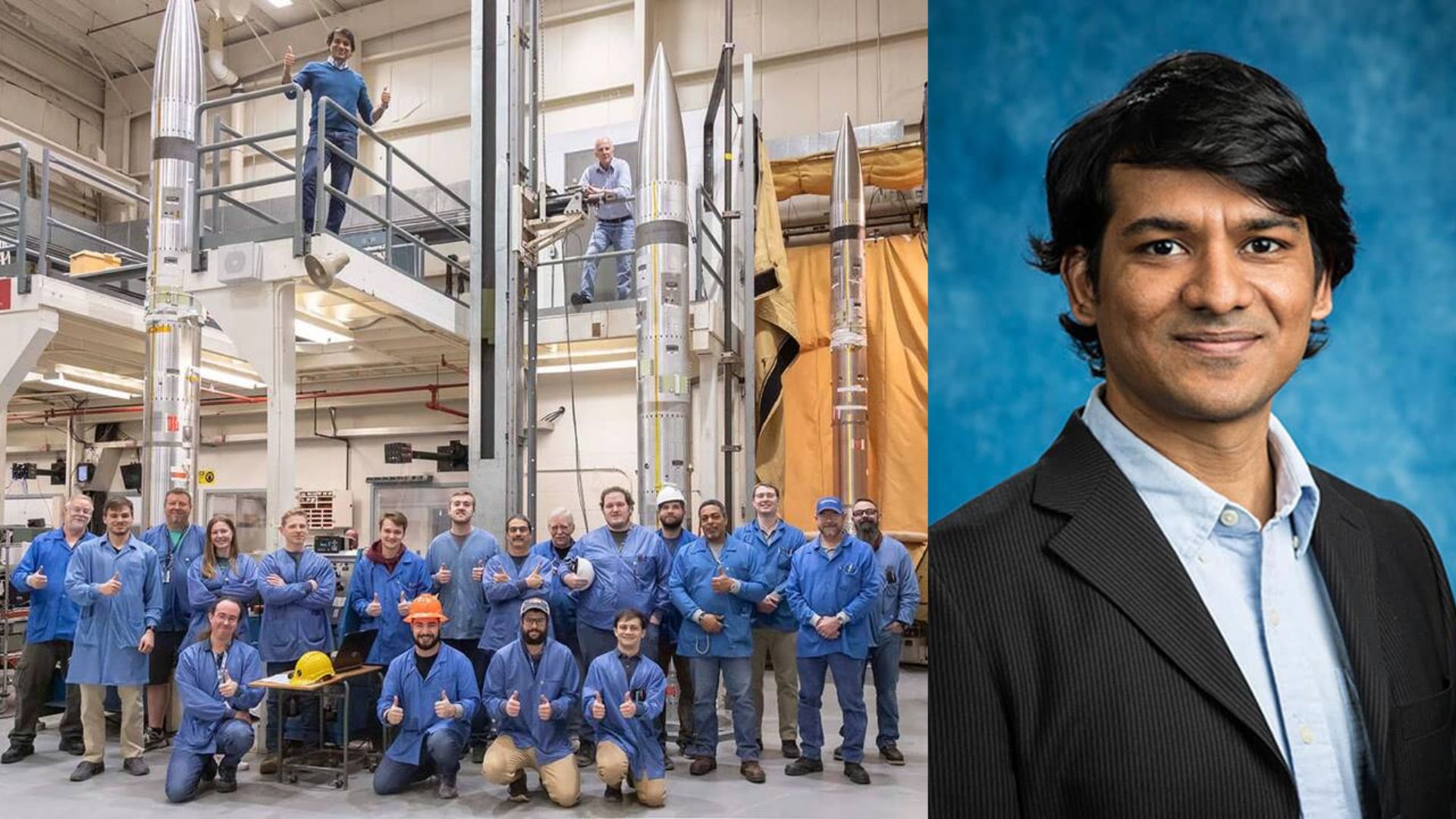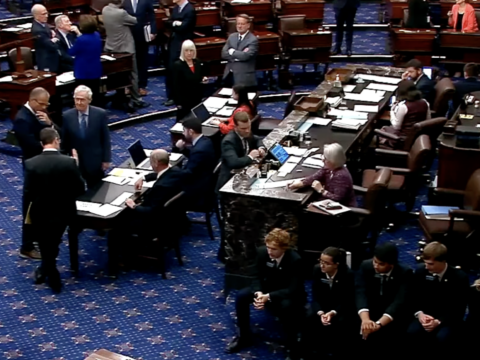WASHINGTON (Diya TV) — Aroh Barjatya, professor of Engineering Physics and director of the Space and Atmospheric Instrumentation Lab (SAIL) at Embry-Riddle Aeronautical University in Florida, is at the forefront of a scientific mission coinciding with the total solar eclipse on Apr. 8, aimed at unraveling mysteries surrounding Earth’s upper atmosphere.
The eclipse, sweeping across North America from Mexico to Canada’s Atlantic coast, promises a momentary darkening of the sky as the Moon fully obscures the Sun. Barjaty explains that during this phenomenon, rapid changes in sunlight can trigger significant atmospheric disturbances, potentially disrupting radio communication.
NASA’s Atmospheric Perturbations around Eclipse Path (APEP) mission, under Barjatya’s leadership, is set to deploy three Black Brant IX sounding rockets from NASA’s Wallops Flight Facility in Virginia. These rockets will venture into the ionosphere, a critical region of Earth’s upper atmosphere, to analyze the effects of the Sun’s abrupt disappearance.
Reflecting on a prior mission conducted during a partial solar eclipse in 2023, Barjatya notes a marked decrease in charged particle density and the emergence of disturbances as the shadow passed over. By comparing data from both partial and total eclipses, the team aims to understand the nature and consistency of these disturbances.
Traditionally, satellites have been the go-to for studying ionospheric perturbations, but Barjatya underscores the limitations of their high-altitude operation, especially during events like eclipses. Sounding rockets, however, offer a targeted approach, enabling focused investigations at lower ionospheric levels.
The APEP rockets are slated to launch before, during, and after the eclipse’s peak, starting at 2:40 p.m. EDT, allowing for a comprehensive analysis of atmospheric changes. Barjatya’s leadership in this mission signifies a milestone in space research, underscoring the importance of interdisciplinary collaboration in unraveling the complexities of Earth’s atmosphere.
Post-launch, Barjatya expressed gratitude to his team and collaborators, emphasizing the collaborative effort required to execute such a mission. His journey from India to the United States, culminating in this pivotal role at Embry-Riddle Aeronautical University, reflects a dedication to scientific exploration and innovation.
As the scientific community eagerly awaits the findings from the APEP mission, Barjatya’s leadership serves as a beacon of inspiration for aspiring researchers worldwide, illustrating the power of curiosity-driven inquiry in advancing our understanding of the cosmos.W




